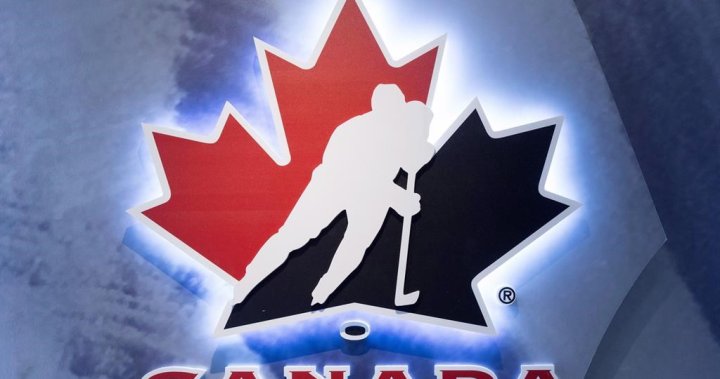According to a recent poll, 60% of Canadians believe the current disclosures reflect a larger issue of sexual harassment, assault, and violence within hockey culture in Canada, which has been the subject of several scandals involving charges of sexual abuse involving members of Hockey Canada.
According to Darrell Bricker, CEO of Ipsos public relations, a recent Ipsos poll conducted exclusively for Global News and released on Tuesday also revealed that women are more inclined to see the allegations as a widespread problem rather than a collection of individual incidents.
And the issue is not just with hockey, he continued.
If you question people, especially women, “they perceive it as a problem with organised sports in general, not just with Hockey Canada,” Bricker said to Global News.
Since this spring, Hockey Canada has come under heavy scrutiny for how it has handled allegations of player sexual assault, including two incidences allegedly involving members of World Juniors teams from 2003 and 2018.
In light of the allegations, there is “definitely a lot of concern” among people about how the amateur hockey community is operating these days, according to Bricker.
In terms of accountability, most Canadians think the blame falls largely on those in positions of power — managers, directors and coaches — more so than the players and their parents, the poll showed.
More specifically, 73% blamed managers and directors, 64% blamed coaches, and 60% thought team owners and players were to blame for allowing the culture to continue.
Hockey Canada has lost sponsors and had provincial member bodies break ties with the national organisation as a result of the harsh criticism it has received.
For the next 2022–23 season, Hockey Canada has lost the support of Telus, Tim Hortons, Canadian Tire, Sobeys, Scotiabank, and Esso.
According to an Ipsos study, 85% of Canadians believe that this was the appropriate decision.
“People don’t feel that Hockey Canada and the amateur hockey business in this country can continue in the way that it’s headed without change,” said Bricker. “Whether it’s corporate sponsors or government sponsorship.”
Several people, including the Prime Minister Justin Trudeau and the Minister of Sports Pascale St-Onge, have urged for a change in the current administration. Even the creation of a new regulating body for the sport has been suggested by Trudeau.
In response to the uproar, Hockey Canada declared on Oct.
11 that the company’s CEO, Scott Smith, and the board of directors as a whole would be resigning.
The board will continue in existence up until Hockey Canada’s annual general meeting on December 17, when a new board will be chosen.
The majority of Canadians, 78%, are optimistic that a new board will change things going ahead.
The poll found that eight out of ten people concur that athletes should receive training on sexual harassment and assault.
People don’t believe the status quo can continue, according to Bricker.
They think that betterment will result from change and that change itself is necessary.
Hockey Canada has announced its intention to follow the recommendations set out in an interim report by former Supreme Court justice Thomas Cromwell.
Cromwell was tasked in August with undertaking a full governance review of Hockey Canada after it was revealed that the organization reached an undisclosed settlement with a woman who alleged she was sexually assaulted by eight players, including members of the country’s 2018 world junior team. In court, none of the accusations have been established.
— Including documents from the Canadian Press
These are some of the results of an Ipsos survey conducted for Global News between October 18 and October 20, 2022. A sample of 1,001 Canadians aged 18 and older were surveyed for this study. Quotas and weighting were used to make sure the sample’s makeup matched the characteristics of the Canadian population as determined by the census. Utilizing a credibility interval, Ipsos online polling precision is evaluated.
If all Canadians aged 18 and over had been surveyed, the poll in this case would have been accurate to within 3. 5 percentage points 19 times out of 20. Subsets of the population will have greater credibility intervals. All sample surveys and polls may have additional forms of error, such as measurement error and coverage error, among others.
Hockey Canada sexual misconduct scandals reflect broader problem: Ipsos survey

